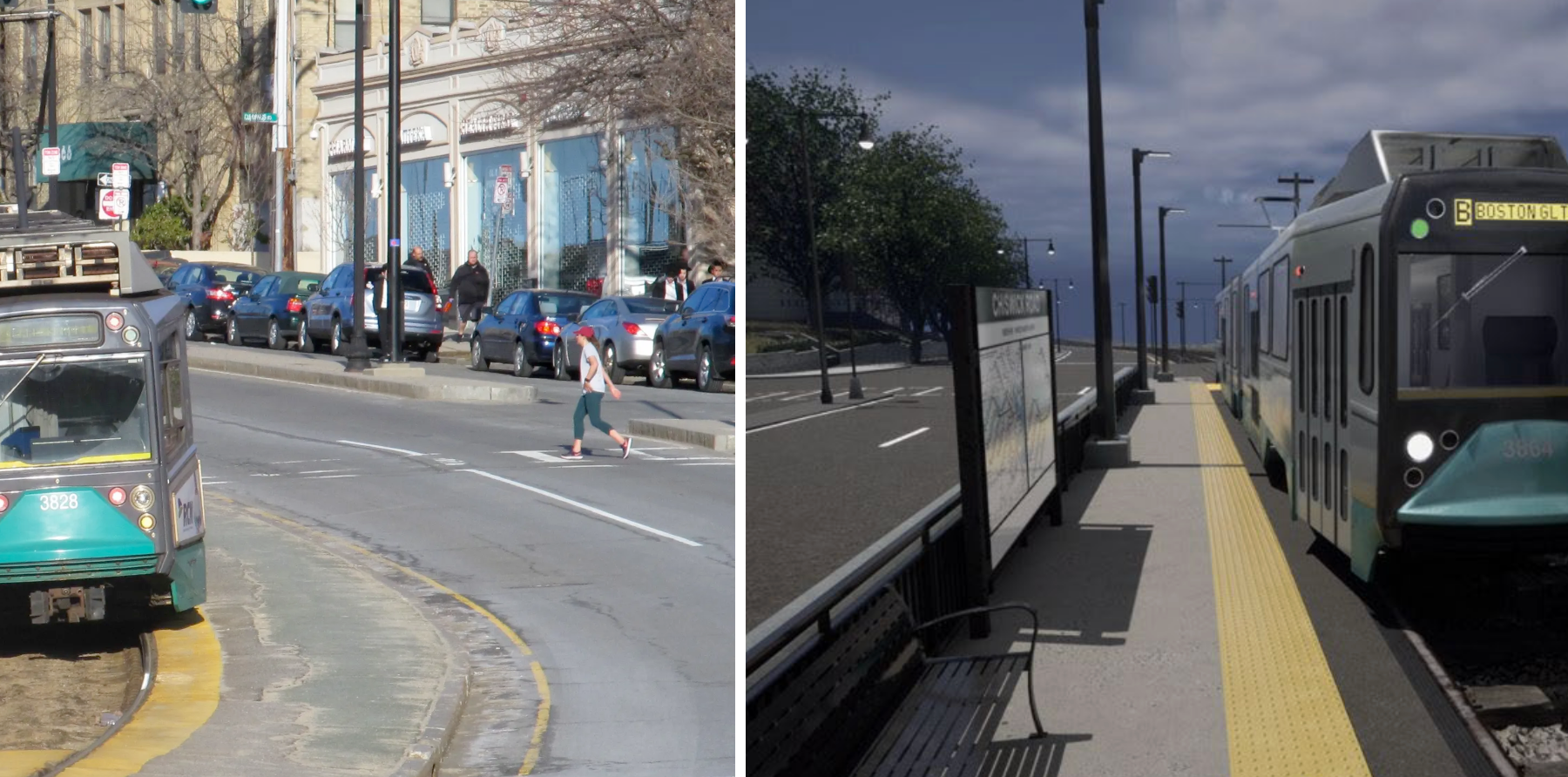JeffDowntown
Senior Member
- Joined
- May 28, 2007
- Messages
- 4,795
- Reaction score
- 3,662
I would not say NEVER to this issue.The state WILL NOT be increasing the income tax. It recently spent almost 20 years lowering the income tax from 5.95% to 5.00% from a ballot initiative approved by the voters in 2000 that the Legislature amended to slow walk the rate reduction over that period of time. Plus two years ago the voters amended the state constitution to bifurcate the income tax rate for the first time in the Commonwealth’s history and add another 4% for taxable income over $1 million dollars.
I’d suspect the operating shortfall will be addressed through multiple revenue raising measures plus some cost cutting but in no way will the income tax be part of the solution.
Edit: Fat finger error changed from 5.85% to 5.95%
Watch the interstate compact work in progress among the Northeast States. If the Feds go truly rogue on a host of issues (ACA, education funding, clean energy transition, mass transit, etc.) the Northeast states are looking to replace those funds regionally -- that will definitely mean new taxes within the region.
This could be a whole new ballgame where the past is definitely not prologue.




